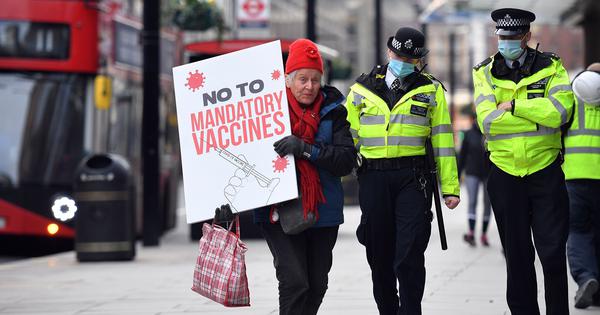Discussion of online misinformation in politics and public health often focuses on the role of bots, organised disinformation campaigns and “fake news”. A closer look at what typical users see and engage with about vaccines reveals that for most Twitter users, bots and anti-vaccine content make up a tiny proportion of their information diet.
Having studied how vaccine information spreads on social media for several years, I think we should refocus our efforts on helping the consumers of misinformation rather than blaming the producers. The key to dealing with misinformation is to understand what makes it important in the communities where it is concentrated.
Vaccine-critical Twitter
In our latest study, published in the American Journal of Public Health, we looked at how people see and engage with vaccine information on Twitter. We showed that while people often see vaccine content, not much of it is critical and almost none comes from bots.
While some other research has…
